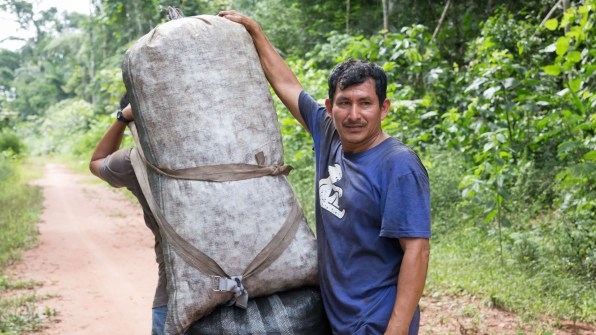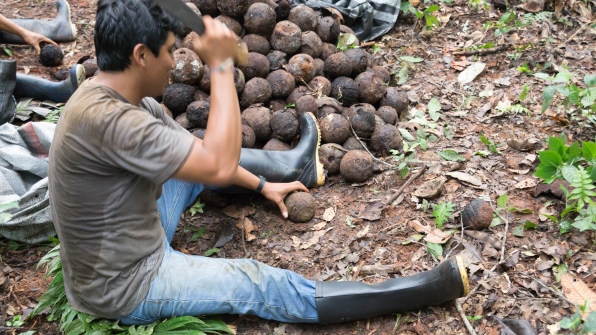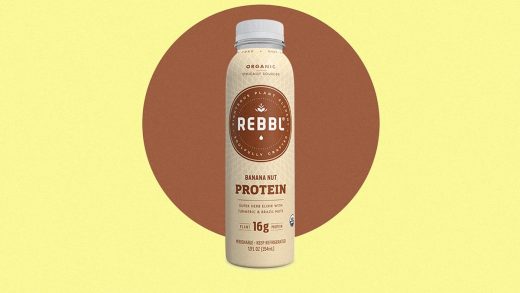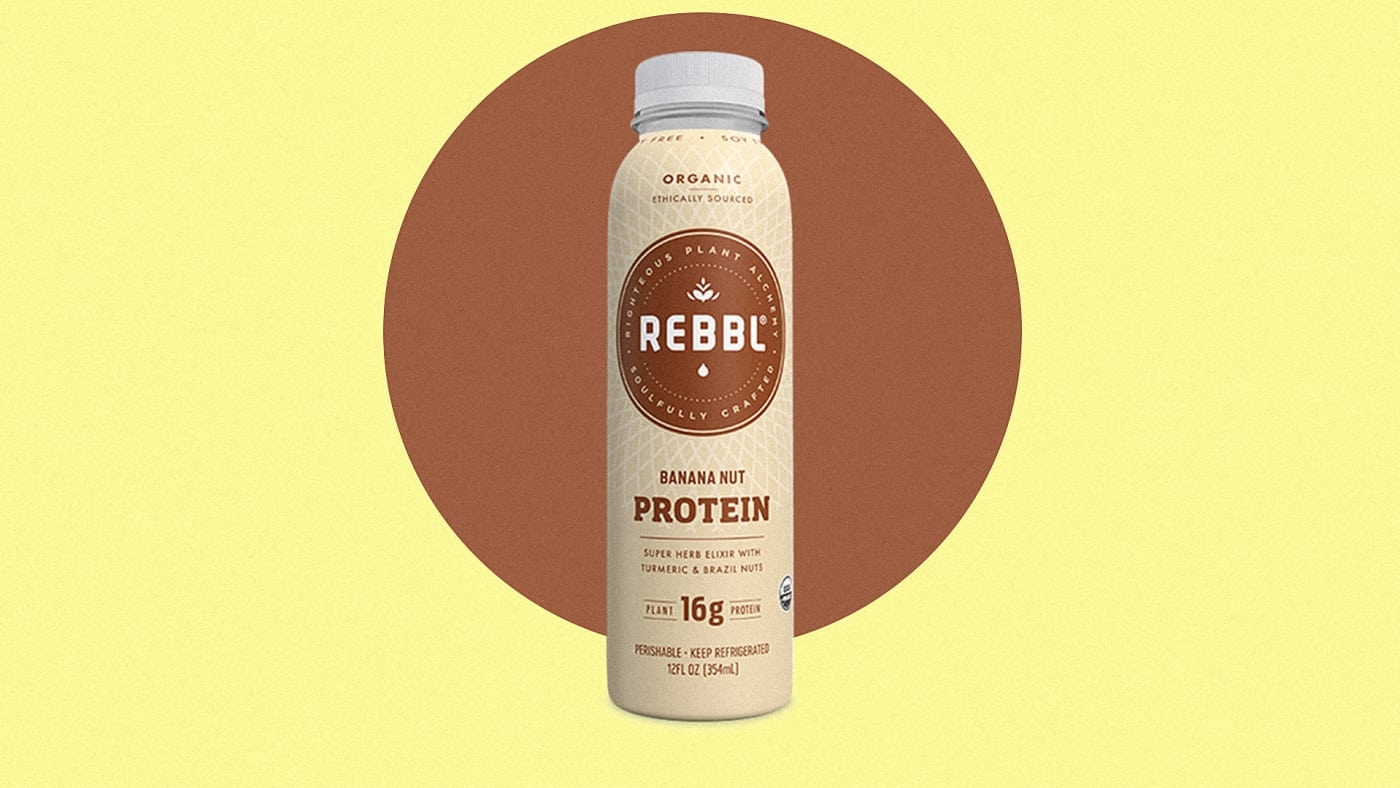These health drinks are also fighting human trafficking
The anti-human trafficking nonprofit Not For Sale has been working with victims around the world–from Thailand to Uganda to Peru–for nearly a decade, but after years of effort, its staff realized they weren’t helping solve the problem at its core.
“It really struck me that I could be building 10,000 shelters and I wouldn’t really address the root causes of trafficking, nor would I make a dent in the 30 million-plus people who were caught in the practices of human trafficking around the world,” says Dave Bastone, the nonprofit’s cofounder. “So I said, why don’t I come up with a more viable business strategy?”

In Lima, Peru, many of the children they met who had been thrown into the sex industry had come from the Amazon, where indigenous families were struggling as illegal logging and mining threatened their livelihoods. If the economy was stronger, Bastone thought, kids would be at less risk of trafficking. A brainstorming session led to an idea to spin off a new startup: Rebbl, a drink company that sources ingredients from the Amazon, and, later, from other impoverished parts of the world. “We wanted to create a profitable venture that would bring back viable economic platforms in the Amazon,” says Bastone.

One recently launched “banana nut protein” drink, on sale at stores such as Whole Foods, uses protein from Amazon-grown Brazil nuts as a key ingredient, after several years of work on logistics. In 2013, Not For Sale started working with Amazonian villages to help get organic and Fair Trade certifications for the nuts. The trees can’t be grown in plantations–they rely on a diverse ecosystem to survive–and harvesting the nuts from the wild makes the supply unpredictable. The company also had to formulate a recipe that worked well with other ingredients. But the nuts are an important source of livelihood for the community, and by buying them the company can help build the local economy. The same is true of other ingredients that the company sources, like maca root, an Andean herb, or ashwaganda, an herb grown by women on organic farms in India.
Exactly 2.5% of Rebbl’s profits go back to Not For Sale. In the Amazon, the nonprofit uses the money to invest both in education about the risks of trafficking and in infrastructure such as schools, water, new agricultural plots, and items such as a boat–which the community now uses to deliver products to suppliers and avoid middlemen so they can make a higher profit. To date, the company has donated about $750,000. The brand is in a quickly growing category of plant-based, functional drinks, and its “elixirs” and protein drinks are now in 7,000 stores. It expects to grow 70% this year. But beyond the direct donations, the larger impact may come from the economic changes as families have a new source of income. The company and nonprofit haven’t formally studied the impact of their system on the overall challenge of trafficking. But anecdotally, it seems to be working: Not For Sale says that the communities they work with in the Amazon haven’t had a trafficking incident in the last five years.
(21)



